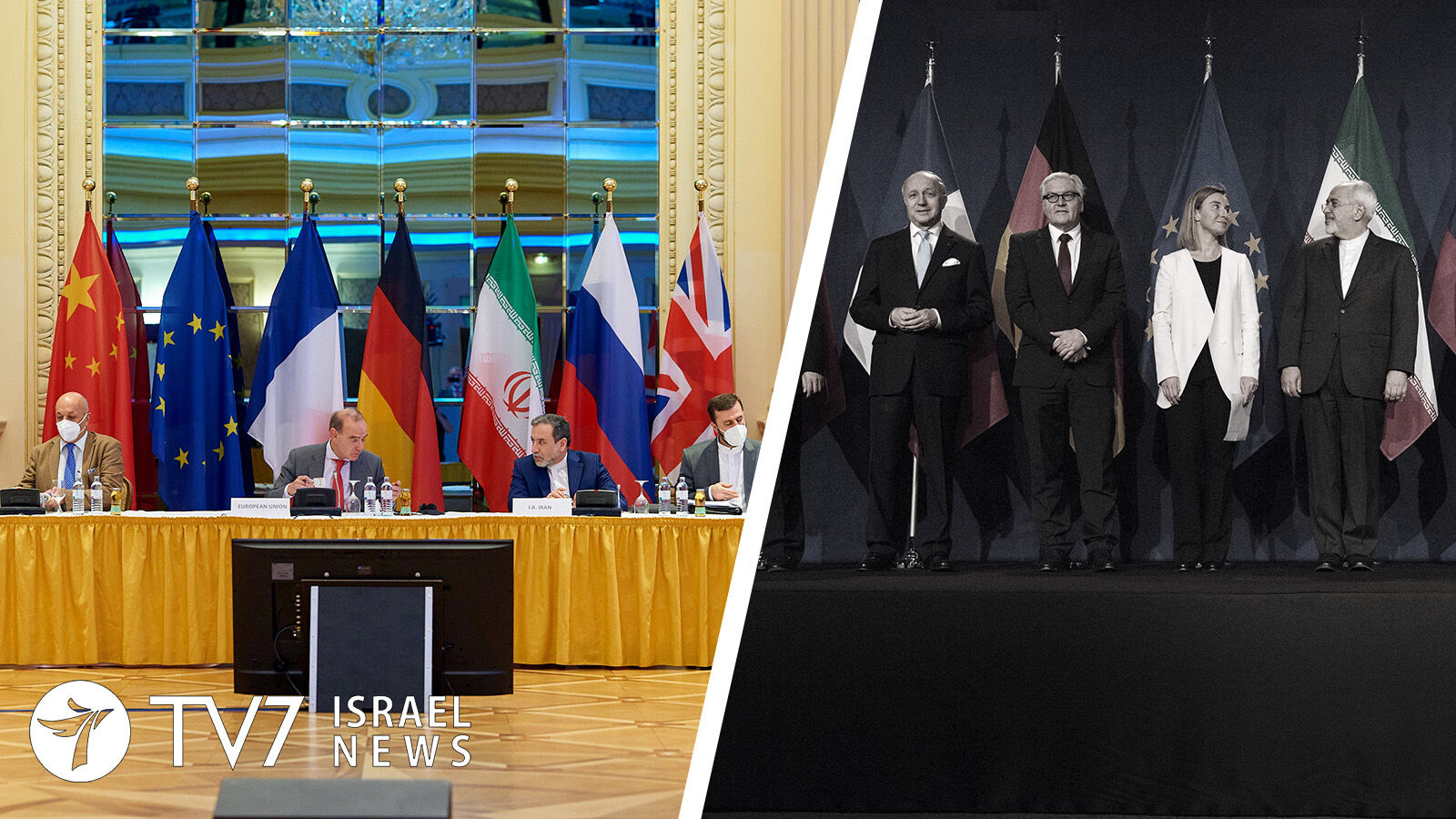World powers restart negotiations with Iran to salvage the 2015 Joint Comprehensive Plan of Action (JCPOA) in Austria today, where tensions are high and expectations low.
By Erin Viner
Few expect a breakthrough as the Islamic Republic continues to advance atomic activities in an apparent scheme that change of ‘facts on the ground’ will present leverage against the West as time to resurrect the pact runs short, say diplomats.
Tehran has been openly violating curbs designed to prevent the development of nuclear weapons since then-President Donald Trump withdrew the US from the deal in 2018. The new administration of President Joe Biden has rejoined the remaining parties – Britain, China, France, Germany and Russia in an effort return both Washington and Tehran to the pact. But six rounds of indirect talks that began in April came to a halt after the election of hardline Iranian President Ebrahim Raisi in June.
The new negotiating team selected under the Raisi regime has already made demands considered unrealistic by the US and European teams, such as the removal of all American and European sanctions imposed since 2017 – including those unrelated to its nuclear program.
The Islamic Republic has simultaneously ramped up centrifuge production and uranium enrichment while denying access to a key facility by International Atomic Energy Agency monitoring teams and physically harassing female inspectors.
“They are doing enough technically so they can change their basic relationship with the West to be able to have a more equal dialogue in the future,” commented a Western diplomat involved in the talks cited by Reuters, while 2 European diplomats charged that Iran ‘is simply playing for time to accumulate more nuclear material and expertise.’
Western diplomats have insisted that today’s talks resume where they left off, warning that they will have to quickly review their options if Iran pushes its maximalist positions and fails to restore its cooperation with the IAEA.
This, as Iran‘s top negotiator and foreign minister both defiantly repeated on Friday that the only topic the Islamic Republic is willing to discuss is the across the board lifting of the punitive economic measures.
“If this is the position that Iran continues to hold on Monday, then I don’t see a negotiated solution,” said one of the European diplomats.
It is widely believed that Iran may be only 4 to 6 weeks away from the “breakout time” needed to amass sufficient fissile material to produce a single nuclear bomb, although some diplomats told Reuters that it would likely take another 2 years to be able to ‘weaponize it.’
One possible resolution Washington may pursue is ‘an open-ended interim accord’ if the talks in Vienna fail to achieve a permanent deal, although there is yet no sign this would be accepted by Iran.
The Ayatollah regime has repeatedly threatened to annihilate the Jewish State.
Israel, which has long opposed the JCPOA as too weak to prevent its archenemy from acquiring nuclear weapons, has held many talks with world powers over the Vienna Talks.
“Israel is very worried about the readiness to remove the sanctions and to allow a flow of billions (of dollars) to Iran in exchange for unsatisfactory restrictions in the nuclear realm,” Prime Minister Naftali Bennett told his cabinet in televised remarks, adding, “This is the message that we are relaying in every manner, whether to the Americans or to the other countries negotiating with Iran.”
US and Israeli officials have reportedly discussed a so-called “Plan B” involving military action to prevent Tehran from acquiring nuclear weapons, following the announcement from IDF Chief of Staff Lt. Gen. Aviv Kochavi hat Israel has stepped up possible strike plans.
“Today, Iran will be arriving at negotiations in Vienna with a clear goal: To end sanctions in exchange for almost nothing. Iran won’t just keep its nuclear program; from today, they’ll be getting paid for it,” said Bennett in a videotaped message to world leaders today, emphasizing, “Iran doesn’t hide its intentions. Just a couple of days ago, the senior command of Iran’s Armed Forces declared, and I quote, “We will not back off from the annihilation of Israel, not even one millimeter.”
“Such a murderous regime should not be rewarded. Despite Iran’s violations and undermining of the nuclear inspections, Iran will be arriving at the negotiation table in Vienna, and there are those who think they deserve to have their sanctions removed and hundreds of billions of dollars poured right into their rotten regime. They’re wrong,” he said.
The Israeli leader concluded, saying, “Iran deserves no rewards, no bargain deals and no sanctions relief in return for their brutality. I call upon our allies around the world: Do not give in to Iran’s nuclear blackmail.”
